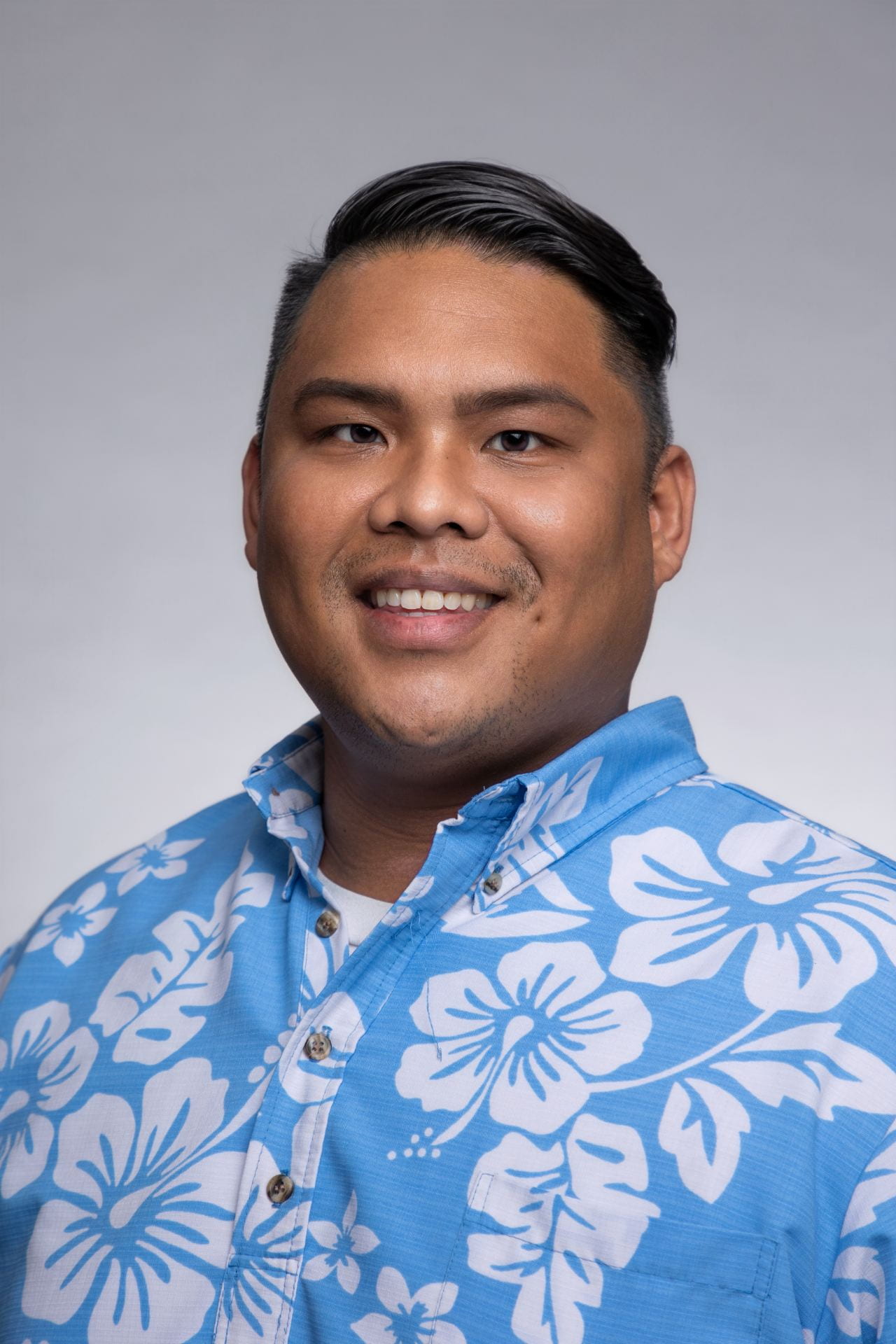Lesther Papa
 |
Assistant Professor
Keywords |
Current Research Activities
Currently, I am working on publishing findings in my dissertation about the impact of racial/ethnic microaggressions (REMAs) in the classroom on college students. Specifically, I am curious if there are differences in the experience of REMAs between White American and ethnic minority students when they witness microaggressions and if the ethnicity of the professor (White or non-White) affects these differences. I examine how microaggressions affect the students' perception of their instructor and the impact it has on their affect (emotions) across three experimental conditions: overt microaggressions, covert microaggressions, and neutral race-related interactions. Related questions I am currently pursuing are: Is there a difference in the detection of REMAs in the classroom between White and ethnic minority students? Can colorblindess, ethnocultural empathy, and/or ethnic idenity help explain the differences? Are their ways to intervene to increase detection of REMAs in classrooms by students? by professors? How can we best intervene on microaggressions that occur?
Research Connections to Current Events
My racial and ethnic microaggressions research dovetails well with the efforts of most offices of diversity, equity, and inclusion (DEI). The current direction is to pull at least some knowledge of what microaggressions are into DEI trainings as part of an effort to make spaces more inclusive. There are also countless presentations on what microaggressions are and the new focus is on interventions to address the microaggressions on the interpersonal and systemic levels. My work could potentially help refine some of the current efforts of our own Office of Diversity, Equity, and Inclusion to educate our students, faculty, and staff about the impacts of microaggressions and how to intervene when it occurs.
Personal Connections to Research
I am a Filipnx-American was born and raised in Hawaii and was not aware about the experience racial and ethnic microaggressions until I moved to the Continental US. When I moved was the first time I really felt like an ethnic minority and was racialized to be an Asian American. I had encounters that left me wondering if that was a normal interaction or if it was racism. Comments like, "Oh wow you are so articulate." "Flipino? You don't look Filipino." "You're from Hawaii? Oh I could totally tell. You look Hawaiian!" and "Oh no sir, the EBT key is actually over here" made it clear that there were assumptions about me based on how I look. I did not have any words to explain why these comments were so bothersome until I found the term "racial and ethnic microaggressions" in graduate school at Utah State University. From then on, I read more work from D. W. Sue and his colleagues about the topic and engaged in research and presented workshops to educate others about microaggressions. My disseration chair, Melanie Domenech Rodriguez, and my fellow classmates helped support me in my efforts and I would definitely say they inspired me to continue with this work.
Social Media
Other Languages
Filipino (Tagalog).